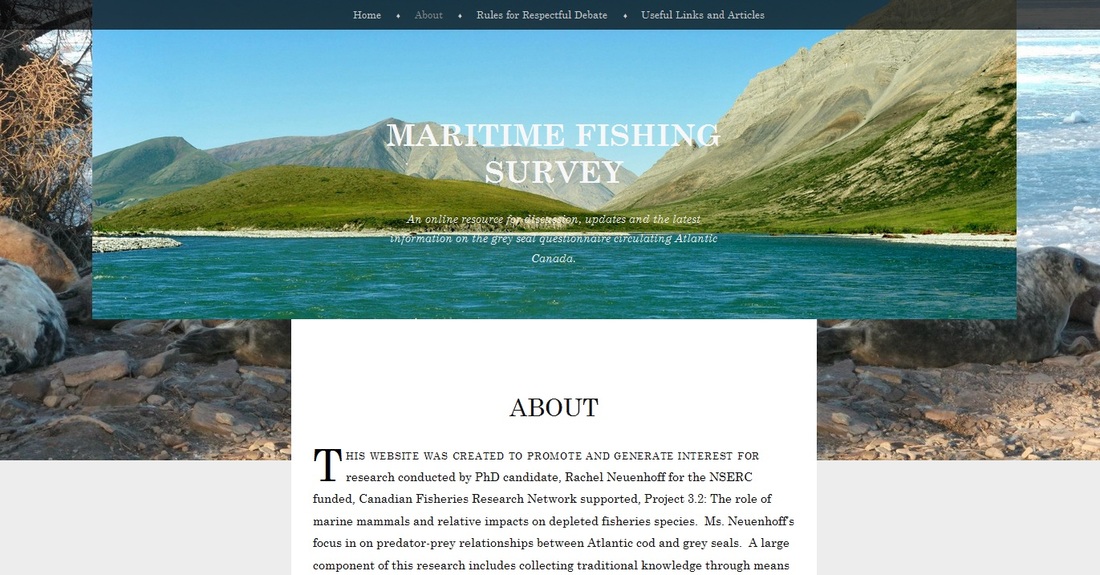
Rachel is using a somewhat underused tool to help her with her research. She has designed a questionnaire to collect "traditional knowledge" from the fishermen. Fisherman played an integral part in the design of the questionnaire to ensure that it would accurately captured the issues that they confront on a daily basis. (I borrowed the last part of that sentence from Rachel's blog but I am sure she won't mind... I can bribe her with coffee ;-) ). Thus far the responses to her questionnaire have been tremendous and I think that this just goes to show how much fisherman have to offer and also how keen they are to share their knowledge. All we have to do is ask. This is not something that is always well taught to students of fisheries. I have had my own experience of this while working on my Masters research in Orkney, Scotland.
In May 2004 I travelled from Aberdeen to Orkney armed with acoustic recording devices and a surveyors theodolite to collect data on harbour porpoises distribution in the vicinity of a fish farm that employed acoustic deterrent devices (ADDs) to deter seals. I spent time with the fish farm manager of the site that I was focusing my study on, asking simple questions and was often surprised at the answers I received. The knowledge of this fish farm manager, in terms of how to control viral diseases such as Infectious pancreatic necrosis (IPN) or indeed on how to keep marauding seals away from his fish pens was often contrary to what we we had been taught in classes just a few months before. Almost 10 years later this apparent disconnect between scientists and fishers (be they farmers, commercial fishermen or subsistence users - such as the Inupiat whalers, to whom my current PhD work relates to in Alaska), is still something that is not properly addressed. Often fisheries and subsistence users are wary of scientists because of our tendency to brush off this traditional knowledge as anecdotal. It does not fit the rigours of the scientific method that we have been so carefully taught. However, the efforts of scientists such as Rachel and others (particularly in the Fisheries Centre at UBC) to incorporate the knowledge of local stakeholders is changing this mind-set. Traditional knowledge can in fact provide that vital foundation for the design of scientific studies and together these key components can help us make the right decisions, so vital for the sustainable management of marine systems.
Well... it seems that this post went places I wasn't expecting it too so thanks for baring with me. I strongly encourage you to check out Rachel's blog and join in the discussion surrounding the impacts of marine mammals on fisheries.
http://maritimefishingsurvey.wordpress.com



 RSS Feed
RSS Feed